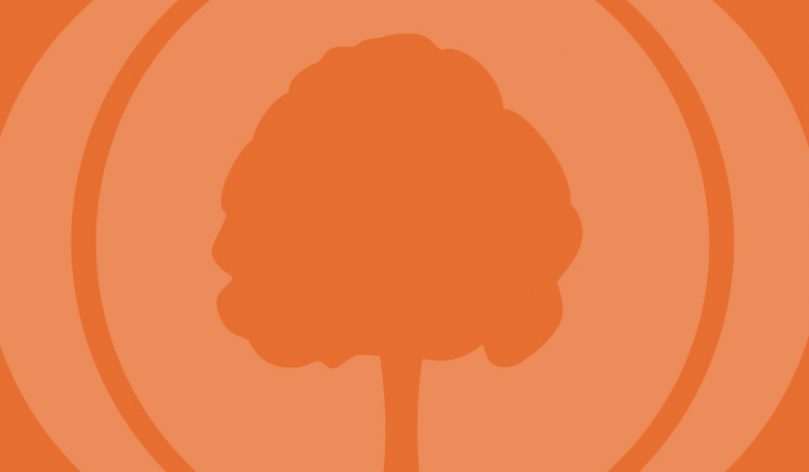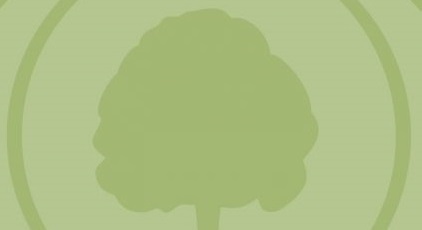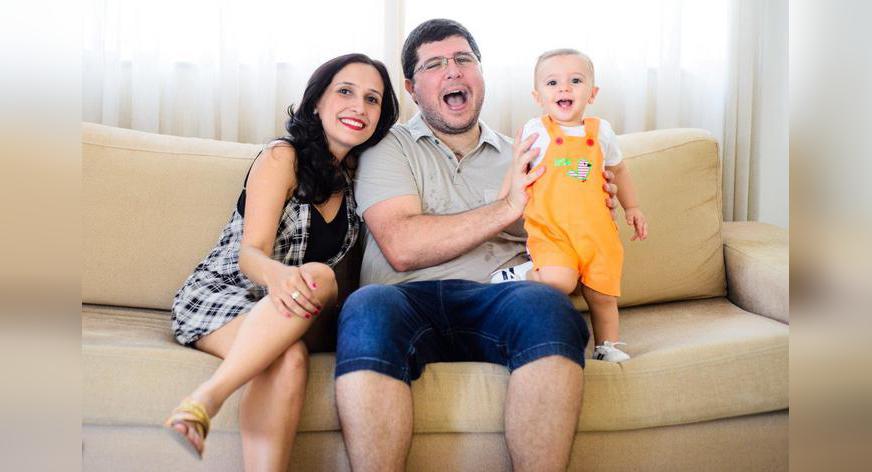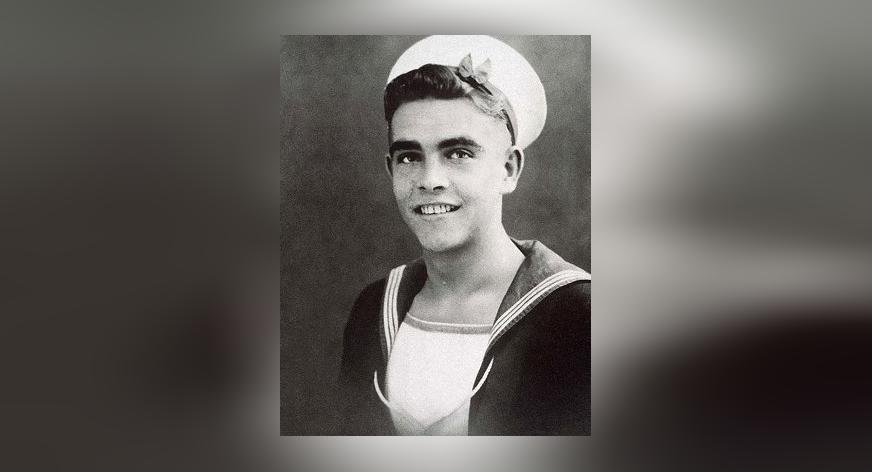The Interview Series: Blogger and Genealogist Chris Paton
- By Aaron


 This week we interviewed Chris Paton, one of the most prominent genealogists in Scotland. Chris works and teaches in Scotland, is the author of Researching Scottish Family History, and also manages the Scottish Genealogy News and Events blog. We began by asking him how he got into genealogy and family history.
This week we interviewed Chris Paton, one of the most prominent genealogists in Scotland. Chris works and teaches in Scotland, is the author of Researching Scottish Family History, and also manages the Scottish Genealogy News and Events blog. We began by asking him how he got into genealogy and family history.
Well my background was originally in television, where I worked for the BBC in Scotland. I made local history documentaries, and a lot of these had absolutely amazing stories about other people. And of course the more I found all these other people’s stories, the more I began to think: what about my own? The thing that really kicked it off was when my son was born in 2000, and I thought: it’s time to get a plan of action and take a look at this.
My family background is that my parents were separated when I was very young, and their parents were also separated when they were very young. So we had no sense of any family history at all because nobody was talking to anybody else! The more I found, the more I was telling them about their family history, and it was a fairly interesting process over the last ten years for me personally. I left television in 2006, and I decided at that point that I want to take this seriously, and make a career out of it, so I’ve been doing that ever since.
So you’re now a full-time genealogist?
Yeah, I work as a genealogist, I write for quite a few British publications, I also teach, and I do quite a lot of client research as well.
It does seem like a lot of full-time genealogists work in a wide variety of areas
Well I think you need to, to be honest with you. But it’s also really interesting, being able to be adaptive and do different things. Yesterday, for example, I was up in Edinburgh researching a client’s history for him, getting all sorts of interesting records…now I’ve got two magazine articles to write up, and towards the end of the week I’ll be preparing for one of the courses I do.
Would it be fair to say that you’ve caught the crest of a wave here? Your entry into the family history seems to have coincided with a growing interest in the area.
Oh, absolutely. I mean I was banging on about this at the BBC long before Who Do You Think You Are?. They were always asking ‘what’s the next big thing?’, and I, along with many others, was constantly saying ‘genealogy, genealogy, genealogy.’ Eventually they got the point!
What’s happening now is that the more things go online, the more people are beginning to realize it’s something they can do from home. When we were at school you’d be learning about kings and queens of England and the First World War, but you weren’t really connected to it in any way. Nowadays, you can learn about the First World War by learning about your great-grandfather who died in battle, and you can go and see his name on a war memorial. It creates that real sense of connection.
It is very easy to do from home now, isn’t it?
It’s a classic hobby of the Internet. You’re constantly returning to it because there’s always new stuff appearing online. It becomes addictive, and it’s the ultimate self-defining storyline because the more you find the more the story progresses back. We’re all story addicts, you know, and at the end of the day that’s what we’re trying to find out. We’re not just looking for names; we want to find out about these people and what they did – we’re just nosey, I suppose!
Have you found any particularly interesting stories from your own research?
Where do you want to start? [laughs]. OK, the UK’s longest unsolved murder case was the murder of my three times great-grandmother. She was murdered with an axe in her brother’s kitchen in 1866, and the BBC put out a news story about it last month. They’d used the Freedom of Information Act to find out what some of the oldest crime cases were, and the oldest murder was my great-great-great granny!
I’ve also got a two-times great-grandfather who was a spiritualist in Belfast, who organized an experiment in the 1920s to take 100 photographers to a funeral, and as the funeral was happening they were taking photographs to try and get images of ghosts and spirits at the funeral site. And I’ve got many newspaper reports of this experiment in Belfast where someone’s being buried and everyone’s taking photos.
I could keep going on…
It sounds like you’ve got quite a lot of stuff!
Well at the end of the day people always say that ‘nothing will ever happen in my tree’, but honestly everyone has something in there. As soon as you start digging, you’ll find something.
What particular issues do people face in Scottish ancestry? Are they any specifics to be aware of?
There are a couple of issues to do with Scottish research. Up until 1855 when civil registration happened it’s actually the best place in the world to do your research, because we’ve got so much more information in our certificates than the English and many others have. We’ve got mother’s maiden names in each record and more. So honestly it can be a doddle going back here to 1855, whereas elsewhere the information can be a lot more restrictive.
But before 1855 you’ve got the parish records. In England, they tend to go back to the 1500s in many cases – they’re quite well kept. In Scotland we tend to have a lot of information in some parishes, and not in other parishes – you can really only get back to the 18th century in many cases, with any confidence.
The other major issue we’ve got up here is that a lot of people think that because so much stuff’s online in Scotland it’s easy, but in fact the stuff that’s online is mainly Church of Scotland records only. So when people get back to, say, 1840 and they can’t find a birth they assume it wasn’t recorded – when in fact it could’ve belonged to another church, the records just haven’t been digitized. In England those non-conformist records have largely been digitized, but not in Scotland.
I think we’re kind of victims of our own success in Scotland because Scotland was really the first part of the UK to digitise stuff, and we’ve been kind of paving the way. But as a result of that, people tend to assume that everything’s online. So if they can’t find things online some people assume it doesn’t exist. That attitude isn’t there in England, or in Ireland really, so people with interests there possibly tend to be a bit more persistent in what they’re doing.
What sort of plans do you have for your future in genealogy?
Well I’ve spent the last four years building up skills, going to university, professionalizing what I’m doing. I do a lot of writing and stuff now, I think what I want to do now is start writing more specific books and expand the client work that I do. I’m also doing quite a lot more talks and lectures, in fact I’m actually going to Canada next year, where I’ve been invited to do three lectures to the Ontario Genealogical Society in Toronto.
One thing I’d like to do is to try and increase the awareness of family history not so much as a hobby, but actually as a legitimate form of history. For example, at school within the history curriculum my son came home the other day and was told he had to do a project, and he and a couple of other boys in his class wanted to do something on the First World War. I said to him, ‘why don’t you look at what your family did in the war?’ And of course in my family, my civilian great-grandfather died in Brussels during the occupation, and so my grandfather was raised as a wee boy in Belgium throughout the war. My son got really excited about this and did a massive project about it, with lots of family photos put in. To him, he’s now got a connection with the First World War that lets him understand what it’s all about. I think that idea really promotes family history as a form of history, it democratises our history, and as such it is not necessarily just something for the hobbyist.
You can view Chris’s website at http://www.scotlandsgreateststory.co.uk







